According to UNESCO, there are around 250 million out-of-school children in the world, a figure that has been rising since 2021, including almost 30 million in sub-Saharan Africa alone. Although real progress has been made over the last twenty years, with the primary school drop-out rate divided by 2, education remains a major challenge for Africa, which is also facing a demographic explosion. On World Education Day, January 24, we take stock of the situation and look ahead to the coming years.
What educational challenges does Africa face?

According to UNESCO figures, this is a major challenge: around 20% of 6-11 year-olds do not attend school, with the rate rising to 33% for 12-14 year-olds and 60% for 15-17 year-olds. In Niger, for example, the average number of years of schooling is estimated at 3, while in Mali and Sudan it is barely better, at 4. Among girls, Niger has the lowest school enrolment rate in the world, at less than 60%.
Beyond the quantitative aspect, education in Africa also suffers from a real qualitative deficit, not escaping a global knowledge crisis: after 6 years of schooling (often a theoretical figure for many pupils), 50-60% of children display insufficient reading or arithmetic skills. The problem persists in secondary and university education, with the result that an African diploma is hardly recognized abroad: this is particularly true of medical studies, where a European doctor has no difficulty in practising in Africa, whereas an African graduate will systematically have to sit new exams.
Most of the factors responsible for this are clearly identified: the poverty that forces young people to work, the direct and indirect costs of school fees, the lack of travel and teaching infrastructures, the shortage of quality and quantity of teachers, cultural obstacles… But how can we ensure vital economic development if we don’t train and educate our young people?
African and international leaders are well aware of this, and are taking up a twofold challenge – material and human. Improving the quantity and quality of Africa’s education system requires ever closer collaboration between public policies, international aid and private investors. With this in mind, 140 countries committed themselves to transforming their education systems at the 2022 Education Transformation Summit.
Education policy in sub-Saharan Africa: what prospects?
In 2023, more than a quarter of the African population is theoretically of school age. This figure is expected to grow by 1.8% per year until 2030, rising to 1.3% over the following 20 years. These are averages, however, with countries like Niger seeing their school-age population more than double by 2050. For the whole of Africa, it will be necessary to build 9 million classrooms and train almost 10 million teachers, representing a total investment of $100 billion.
Although education is already the biggest item of expenditure for African states (23% of the budget on average), efforts need to be stepped up:
- education must aim for 6% of GDP; – education funding must be more evenly distributed, with 30% currently financed by households;
- development aid to Africa is set to increase, after declining in the wake of the 2008 financial crisis;
- the international contribution must be better calibrated; sub-Saharan Africa, for example, receives only 25% of global aid, even though it has major needs;
- private investment must become a permanent fixture at the heart of education and training policies, with financing supported and guaranteed by public authorities.
As an expert in healthcare investments, SEMEN CONSULTING AFRICA is aware that education policy goes hand in hand with a more effective public health policy, particularly in terms of prevention. General education and health education are inseparable, acting in synergy to ultimately reduce mortality rates and increase life expectancy in an increasingly educated and informed population.
TO FIND OUT MORE:



